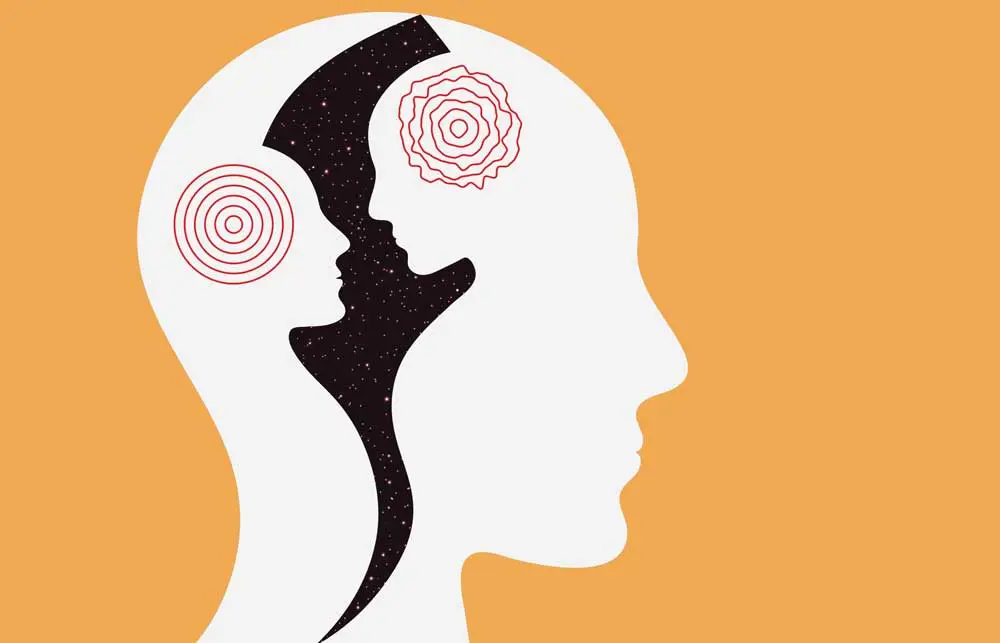Health
How to interview a person with bipolar disorder?

Conducting an interview with someone who has bipolar disorder requires understanding, empathy, and thoughtful preparation. Whether for journalistic, research, or workplace purposes, interviewing a person with bipolar disorder involves navigating potentially sensitive topics with care.
This article provides actionable tips on how to interview a person with bipolar disorder, emphasizing respectful communication and fostering a supportive healthy environment.
Understanding bipolar disorder
Bipolar disorder is a mental health condition characterized by extreme mood swings that include emotional highs (mania or hypomania) and lows (depression). These episodes can affect a person’s energy, activity levels, and ability to function. Understanding these fluctuations is key to approaching the interview with sensitivity.
Common misconceptions
It’s essential to avoid stereotypes or misconceptions about bipolar disorder. Not every person experiences the condition in the same way, and assumptions can lead to misunderstandings or unintended offense.
Why sensitivity matters
The stigma surrounding mental health conditions can make individuals hesitant to share their experiences. A respectful and informed approach can help build trust and encourage open communication.
Preparing for the interview
Preparation is crucial when interviewing someone with bipolar disorder. Taking the time to understand their needs and setting clear expectations creates a foundation for a successful conversation.
Research the condition
Before the interview, research bipolar disorder to familiarize yourself with its symptoms, treatment options, and common challenges. This knowledge will enable you to ask informed questions and avoid language that could be perceived as judgmental.
Set a comfortable environment
Choose a quiet, private location where the person feels safe and comfortable. Reducing potential stressors in the environment can help create a supportive atmosphere.
Plan questions carefully
Prepare open-ended questions that allow the person to share their experiences without feeling pressured. Avoid questions that seem intrusive or overly personal unless they have expressed comfort discussing those topics.
During the interview
The way you conduct the interview can significantly impact the quality of the conversation and the comfort of the interviewee.
Establish trust and rapport
Start with a casual conversation to put the person at ease. Building rapport early on fosters trust and encourages the interviewee to open up.
Use respectful language
Avoid labels or language that may seem dismissive, such as referring to the person as “bipolar” rather than someone with bipolar disorder. Person-first language is key to maintaining respect and dignity.
Be patient and flexible
People with bipolar disorder may need more time to process and respond to questions, particularly if they’re in a depressive episode. Allow the conversation to flow naturally and adapt to their pace.
Focus on their experiences
Center the interview around the individual’s experiences rather than generalizations about bipolar disorder. This approach acknowledges their unique perspective and avoids perpetuating stereotypes.
Watch for cues
Pay attention to verbal and nonverbal cues that indicate discomfort or fatigue. If the person appears overwhelmed, offer a break or reschedule if needed.
Handling sensitive topics
Some topics may evoke strong emotions or discomfort. Approach these areas with care to ensure the interviewee feels respected and supported.
Discussing symptoms
If discussing symptoms of mania or depression, phrase questions in a way that normalizes their experiences. For example, instead of asking, “What’s wrong during depressive episodes?” consider asking, “How do depressive episodes affect your daily life?”
Addressing treatment
When asked about treatment, such as medication or therapy, frame questions as an opportunity for them to share their journey. Respect their privacy if they choose not to elaborate.
Managing emotional responses
If the interviewee becomes emotional, offer empathy and reassurance. Acknowledge their feelings and let them know it’s okay to take a moment before continuing.
Ethical considerations
Interviews involving mental health require a heightened awareness of ethical responsibilities to ensure the well-being of the interviewee.
Informed consent
Clearly explain the purpose of the interview, how the information will be used, and whether it will remain confidential. Obtain explicit consent before proceeding.
Maintain confidentiality
Protect the individual’s privacy by avoiding sharing identifiable information without their permission. This is especially important if the interview will be published or recorded.
Respect boundaries
If the person declines to answer a question or appears uncomfortable, respect their boundaries without pressuring them to continue.
After the interview
The care and respect you show after the interview is just as important as your approach during the conversation.
Express gratitude
Thank the person for sharing their time and experiences. Acknowledge their openness and the value of their insights.
Follow up
If the interviewee has requested follow-up information or wants to review the final product, honor their request. Keeping them informed reinforces trust and professionalism.
Reflect on the experience
Take time to reflect on what you learned during the interview and how you can improve your approach in future conversations.
Final thoughts
Learning how to interview a person with bipolar disorder involves understanding their experiences, demonstrating empathy, and maintaining respect throughout the process.
By preparing carefully, using sensitive communication techniques, and honoring ethical responsibilities, you can create a supportive environment that encourages open and meaningful dialogue.
This approach not only fosters trust but also contributes to reducing the stigma surrounding mental health, making it a win for both the interviewer and the interviewee.
